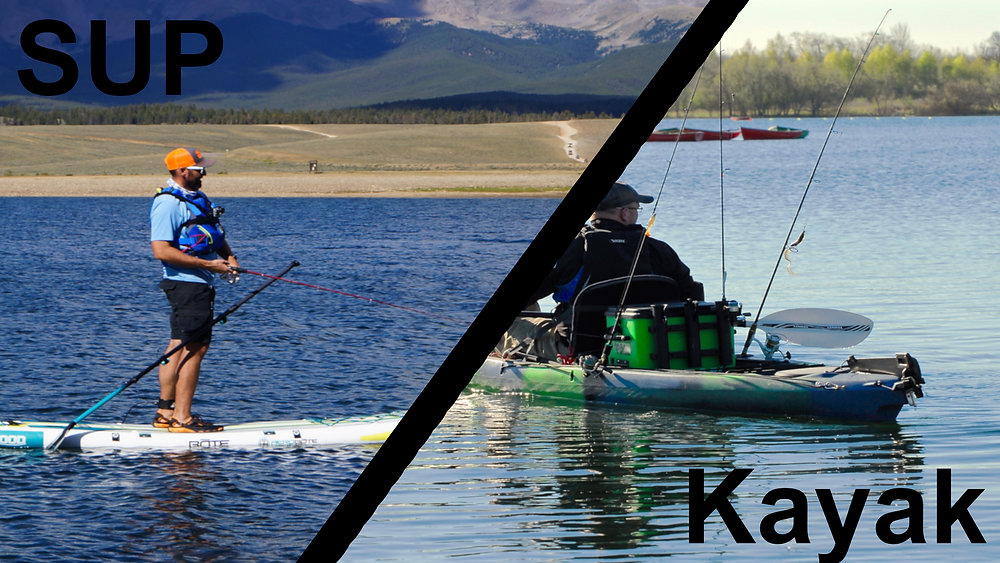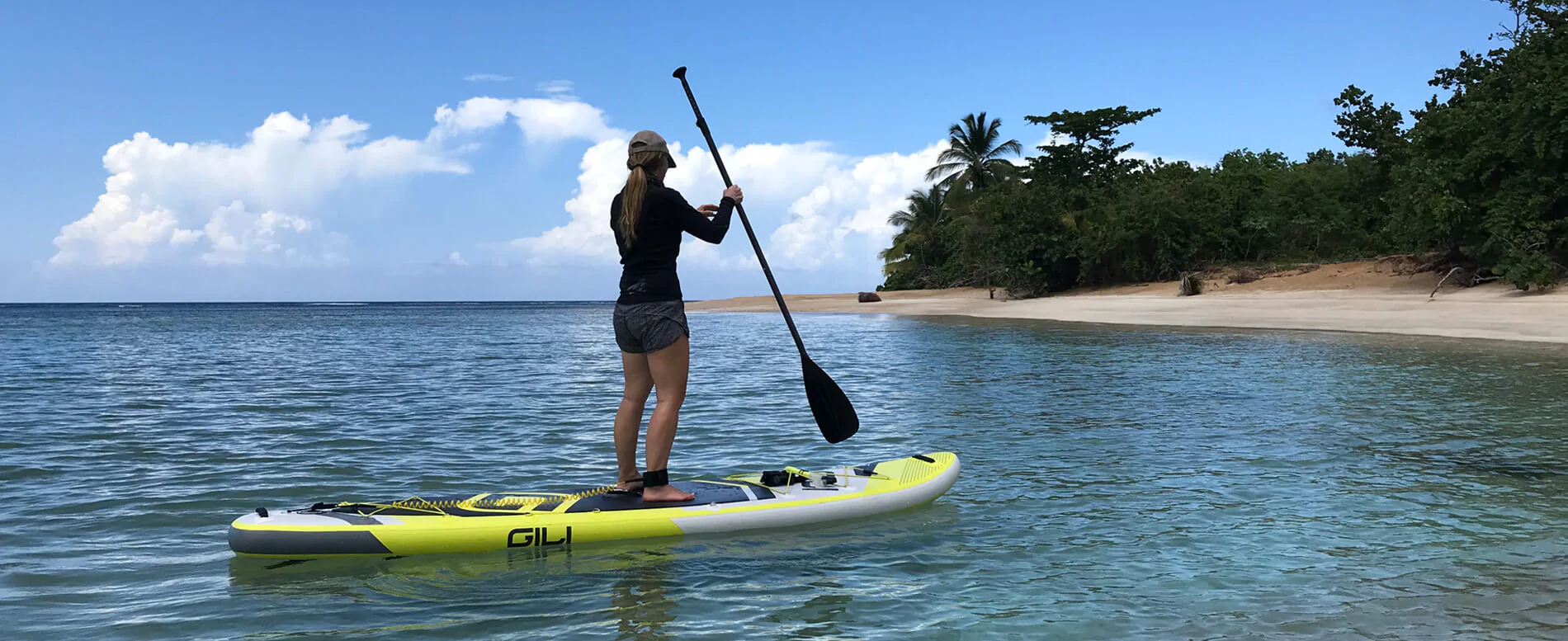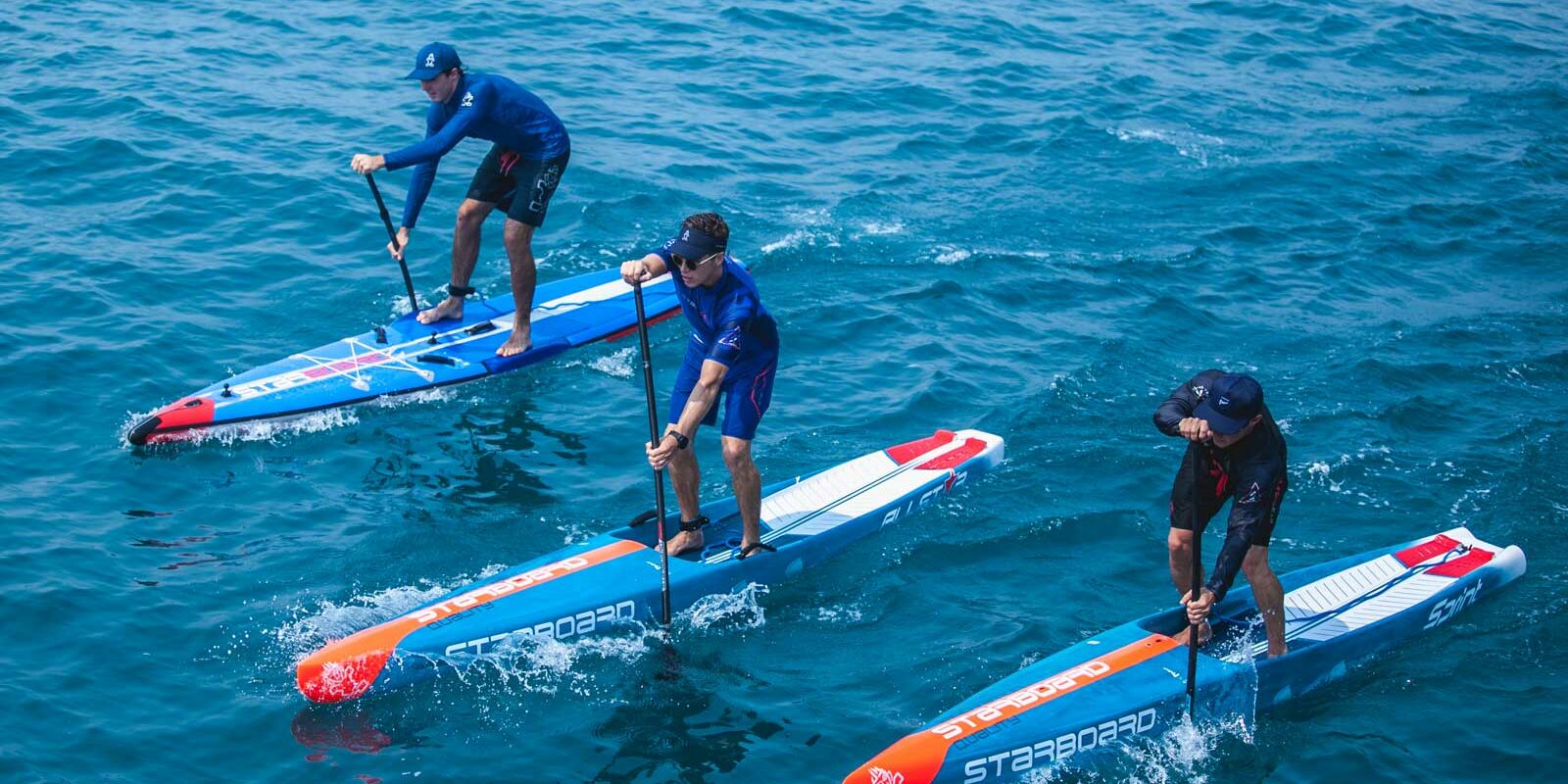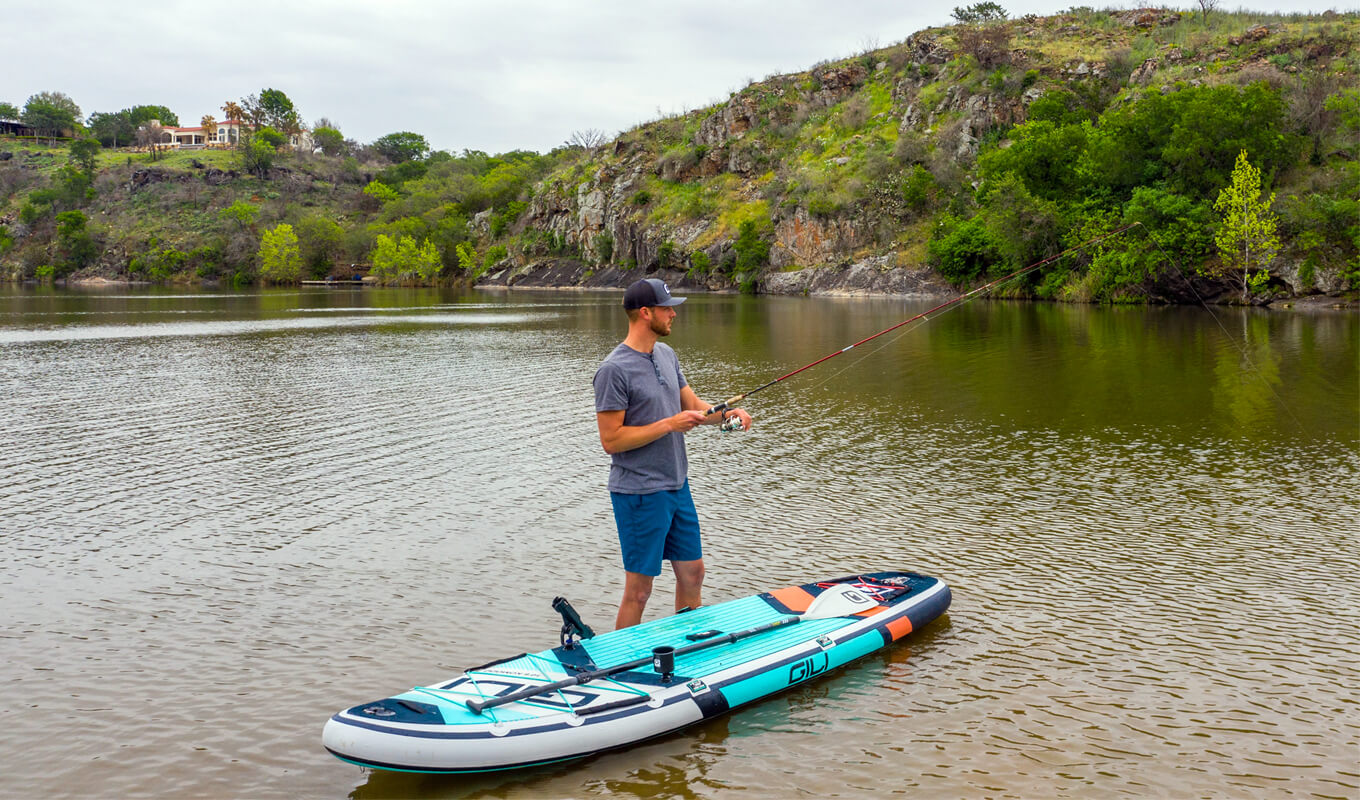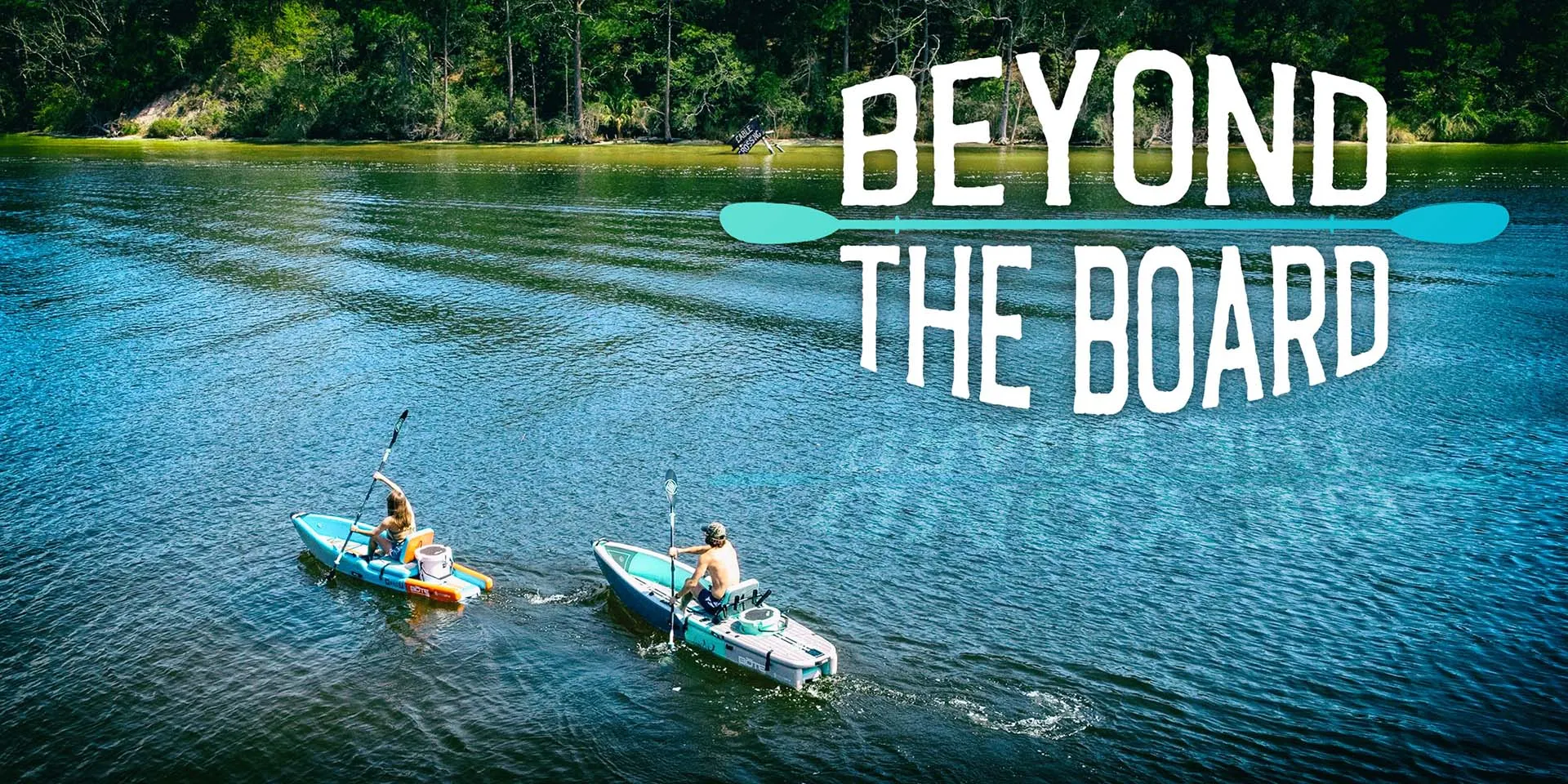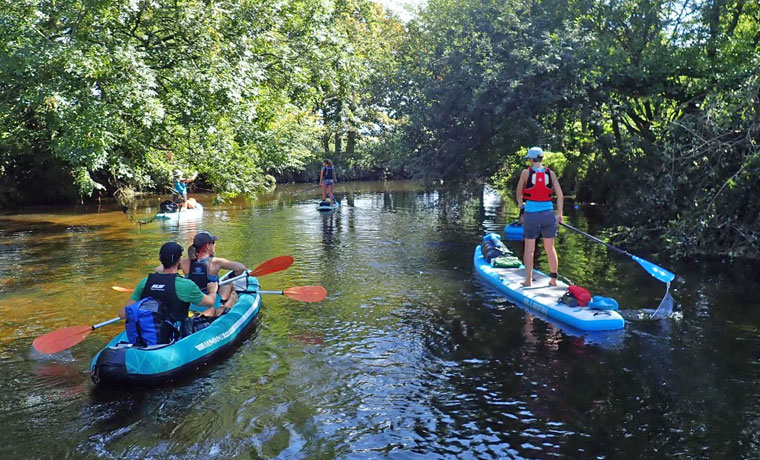
- Alabama
- Alaska
- Arizona
- Arkansas
- California
- Colorado
- Connecticut
- Delaware
- Florida
- Georgia
- Hawaii
- Idaho
- Illinois
- Indiana
- Iowa
- Kansas
- Kentucky
- Louisiana
- Maine
- Maryland
- Massachusetts
- Michigan
- Minnesota
- Mississippi
- Missouri
- Montana
- Nebraska
- Nevada
- New Hampshire
- New Jersey
- New Mexico
- New York
- North Carolina
- North Dakota
- Ohio
- Oklahoma
- Oregon
- Pennsylvania
- Rhode Island
- South Carolina
- South Dakota
- Tennessee
- Texas
- Utah
- Vermont
- Virginia
- Washington
- West Virginia
- Wisconsin
- Wyoming
Which Is Best For You: Kayaks, Canoes, Or SUPs?
Kayaks, Canoes, Or SUPs?
There are several ways to enjoy the water in Ireland. However, not everyone loves the same activities. Some individuals choose to appreciate the wide variety of slow- and swift-moving rivers. Some individuals like a calmer and more unhurried method of navigating vast, motionless bodies of water. Some people want to explore the world from the perspective of the coastal seas.
There are several methods to appreciate nature on the sea, but not all are suitable for everyone. In this post, we will examine the distinctions between kayaks, canoes, stand-up paddle board s, and the individuals who will benefit most from each watercraft. This article will help you decide if you want a sit-in kayak, a stand-up paddleboard, or an open-top canoe. After this article, you will understand which kayak is ideal for you, your paddling style, and the seas you intend to tackle. Enjoy!
Kayak - What Is It?
Kayaks are tiny boats that come in many forms and sizes. There are two types of kayaks: those meant for touring, those suited for fishing, and those designed for coastal cruising. These are the sit-on-top and sit-in kayaks. The cockpit of a sit-on-top kayak is open, and your entire body is exposed on a sit-on kayak, exposing you to the elements. They are, however, easier to climb and dismount than sit-in kayaks.
Sit-on kayaks are great for anglers who want to take their fishing to the water since they provide more freedom of movement and quick access to rods, equipment, and other necessities. They're ideal for relaxing summer paddling on calm rivers, lakes, and coastal waterways.
When you consider what a kayak is, sit-in kayaks are more recognizable. They are the more conventional, requiring the paddler to enter a tiny cockpit. The sit-in kayak covers your legs and keeps water out when equipped with a skirt. As a result, they are ideal for swifter rivers, rougher conditions, and whitewater. While they are more challenging to mount and dismount, some practice is required before mastering the technique.
Sit-in kayaks are suitable for practically any circumstance. They may, however, become uncomfortable on longer-distance journeys, and they also have less storage space, making them less ideal for traveling. Sit-in kayaks This is the typical usage for touring and camping, and you can choose what suits you best.
What Does A Canoe Do?
As with kayaks, canoes are small, primary watercraft suitable for travel on the water. Kayaks and canoes differ because kayaks have a deeper open-top design and use single-bladed paddles instead of double-bladed paddles. It's unusual to see a canoe in saltwater since its deep shape allows them to take on water quickly. A calm river or large body of water is preferred. A canoe provides extra room and can generally accommodate two or more persons.
Those who want to take a group excursion down rivers and lakes will benefit from these boats. Because of their more practical form, they are often slower than narrower kayaks, making them ideal for persons who prefer a slower pace when paddling.
SUP Stands For Stand Up Paddle Board.
Stand-up paddle board s are distinct from kayaks and canoes in that they are used standing up rather than sitting down. The only resemblance is that you need a paddle to maneuver. You can use them anywhere under favorable conditions. When the sea is calm, they're ideal for exploring coastal waterways, and they are suitable for spending time on the lake throughout the summer. They are also suitable for usage on rivers. However, the river should be slow-moving, large, and broad. Otherwise, you may have problems.
In some ways, stand-up paddle board s are similar to surfboards, but they are considerably longer, more buoyant, and can be used without the assistance of the water. Stand-up paddleboarding is a great workout that gives you a distinct ocean view. The high vantage point allows you to see beautiful beaches, banksides, the sea ahead, and marine creatures.
Things we like:
- Integrated Rechargeable Battery: To operate the Serenelife electric pump, you won't need to depend on a vehicle. If your battery is dead, you may use the power cord for the vehicle outlet included in the package, but if it is fully charged, you can blow up three to four paddleboards in succession without having to plug it in.
- Carrying handle and carry bag: When transporting your electric pump over shorter distances, utilize the carry handle attached to it. Keep the pump and its other components in the travel bag that came with it for excursions that are more extended or for storage.
- LED Flashlight: If you are attempting to walk or inflate in the dark, you won't need to rely on a flashlight or your car lights because you will have an LED flashlight. To turn on the LED flashlight, press the Button above your primary fan.
Things we don't like:
- Extremely short hose: Placing your electric pump in the desired location is simply because the battery is incorporated. Because the hose is just 3.3 feet long, you must set your pump near your paddle board. The hose has some degree of flexibility, but if it is not positioned correctly, it might cause your electric pump to flip. Before you begin the inflation process, exercise caution when attaching and placing your pump.
- 16 PSI Limit: Most paddleboarders can use this pump to inflate their boards successfully. However, specific inflatable SUPs exceed 16 pounds per square inch of pressure. We would appreciate it if the SereneLife Electric pump could increase its PSI limit to be suitable for a broader range of applications.
Kayaks Are Suitable For Whom?
Kayaks are an excellent all-around option for people who desire to paddle in different waterways. If you want to take a tranquil lake paddle one day, a pleasant coastal paddle the next, and some adrenaline-fueled whitewater kayaking, the correct kayak can assist. Kayaks are ideal for single paddlers, especially if you love fishing. Sit-on kayaks are compact, easy-to-use watercraft that Useful to reach even the most remote and hard-to-reach places.
Kayaks take relatively minimal space and are simple to move. Even the most giant hardshell kayak will fit on the hatchback car's roof. Inflatable kayaks can also Organize beneath the stairs, in an underused area, or in a cupboard if you don't have enough space.
Canoes Are Suitable For Whom?
Canoes are ideal for individuals who like to explore for several days, and they have plenty of room for camping equipment, food, water, and other necessities for a lengthy display. They're also the most excellent alternative if you're a couple or two companions who want to appreciate nature in a single vessel.
They are simple to enter and exit, and they are pleasant to paddle in for lengthy periods. A canoe is excellent if you enjoy a slower pace of life and are drawn to slow-moving rivers and huge quiet lakes. The most significant disadvantage of canoes is their small size. They require a giant truck to carry and are more challenging to place on the roof than kayaks. You'll also need a large enough room to keep one.
Who Should Use A Stand-Up Paddle Board?
Stand-up paddle boards are ideal for individuals who want adventure. In addition to being light and small, they are also easy to transport. Paddleboards are an excellent choice for an energetic activity that engages the entire body. However, you will be limited by the weather and water conditions unless you are motivated!
Several varieties of paddle boards are available, and the one you select will depend on your personality. Shortboards are easier to maneuver and are ideal for surfing the waves at the beach. Medium boards are the perfect all-arounder for surfing, still water paddling, and SUP yoga. Longer boards are suitable for quick and long-distance paddling, camping, and touring.
Stand-up paddleboards provide the same functions as kayaks and canoes but in a somewhat different method. Instead of being confined to a seated posture, you may stand and paddle. However, this does not exclude you from taking a break. If you wish to swim to remote locations or target fish from an elevated posture, paddle boards may be outfitted with baggage straps, compasses, and rod holders. If you want an activity that can be done on various waterways and is unusual, stand-up paddle boarding is for you. Small boards are great for beginners because of their versatility. As a result of a medium-sized SUP's versatility, you can go surfing, fishing, or even practice yoga at dawn with the ocean as a backdrop.

